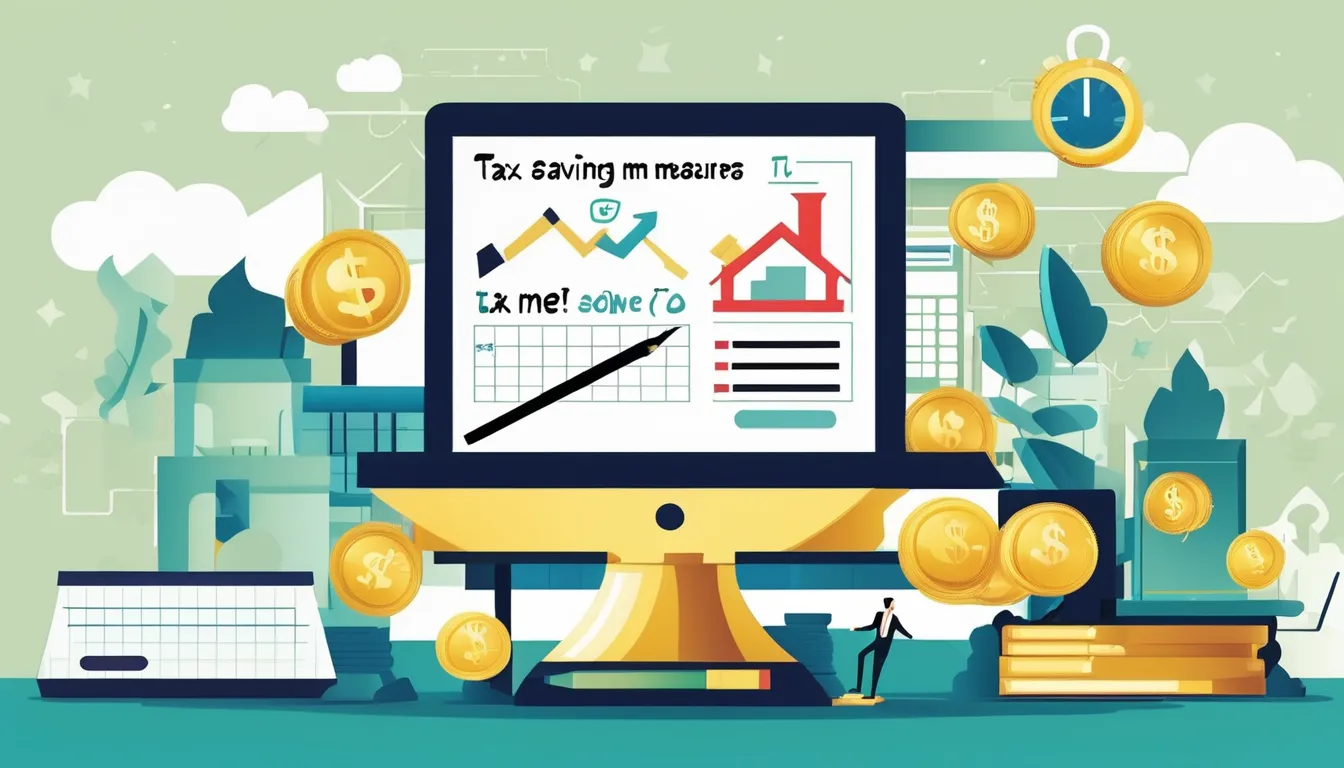As you start preparing for the 2024 tax season, you’re likely looking 節税対策 商品 ways to minimize your tax bill. You’re not alone – many individuals and business owners are seeking strategies to reduce their taxable income. By implementing the right tax-saving measures, you can keep more of your hard-earned money. From maximizing deductions to utilizing tax credits, there are several effective ways to lower your tax liability. But which measures will have the greatest impact on your specific situation? Let’s explore the top tax-saving strategies that can help you achieve significant savings in 2024.
Maximizing Tax Deductions
When it comes to minimizing your tax liability, maximizing tax deductions is key. You’ll want to claim as many deductions as possible to lower your taxable income and, subsequently, your tax bill.
Start by gathering receipts and documents for all eligible deductions, such as mortgage interest, charitable donations, and medical expenses. You should also consider itemizing your deductions instead of taking the standard deduction, especially if you have significant expenses like property taxes or home office expenses.
Keep accurate records of your business expenses, as these can be deducted from your taxable income. This includes expenses like travel costs, equipment purchases, and professional fees.
Additionally, consider contributing to a retirement account or health savings account, as these contributions may be deductible. By taking advantage of these deductions, you can significantly reduce your tax liability.
It’s essential to consult with a tax professional or use tax preparation software to ensure you’re taking advantage of all the deductions available to you.
Utilizing Tax Credits
Utilizing tax credits can be a highly effective way to minimize your tax liability. Unlike deductions, which reduce your taxable income, tax credits directly reduce the amount of tax you owe.
There are various types of tax credits available, and you may be eligible for more than one. The Earned Income Tax Credit (EITC), for instance, is designed for low-to-moderate-income working individuals and families. If you have kids, you might qualify for the Child Tax Credit. Other tax credits include the Education Credits, which can help offset the costs of higher education, and the Retirement Savers Credit, which encourages you to contribute to a retirement plan.
To claim tax credits, you’ll typically need to complete a specific form or schedule when filing your tax return. You’ll also need to meet certain eligibility requirements, such as income limits or specific expenses.
You can find more information about available tax credits and their eligibility requirements on the IRS website or by consulting a tax professional. By taking advantage of the tax credits you’re eligible for, you can significantly lower your tax bill and keep more of your hard-earned money.
Retirement Savings Benefits
Saving for retirement is a crucial step in securing your financial future, and the tax benefits can be significant.
By contributing to a retirement savings plan, you can lower your taxable income and reduce your tax bill. This can result in thousands of dollars in tax savings over time.
Here are some ways you can take advantage of retirement savings benefits:
- Deductible Contributions: Contributions to traditional IRAs and 401(k) plans are tax-deductible, reducing your taxable income for the year.
- Tax-Deferred Growth: Earnings on your retirement savings grow tax-deferred, meaning you won’t pay taxes on investment gains until you withdraw the funds in retirement.
- Saver’s Credit: Eligible taxpayers may claim the Saver’s Credit, a non-refundable tax credit of up to $2,000 for contributions to a retirement savings plan.
Business Expense Optimizations
As you navigate the world of business expenses, optimizing them can mean the difference between a profitable venture and a financial strain. You can start by keeping accurate records of every business-related expense, no matter how small. This includes receipts for meals, travel, and supplies.
Make sure to categorize these expenses and keep them separate from personal expenses.
You can also take advantage of mileage tracking apps to record business miles driven. This can be a significant deduction, especially if you use your vehicle frequently for business.
Additionally, consider investing in a business credit card to separate personal and business expenses. This can help you track expenses more easily and earn rewards or cash back on business purchases.
It’s also essential to understand what expenses are eligible for deduction. You can deduct expenses related to business use, such as equipment, software, and professional fees.
However, you can’t deduct expenses related to personal use or entertainment. By optimizing your business expenses, you can minimize your tax liability and maximize your profits.
Keep accurate records and stay organized to make the most of these deductions.
Home Office Tax Benefits
Clarity is key when it comes to home office tax benefits. As you work from home, you may be eligible to deduct a portion of your rent or mortgage interest, property taxes, insurance, and utilities as business expenses.
However, it’s essential to understand the rules to avoid any potential issues with the IRS.
To qualify for home office tax benefits, you must use a dedicated space regularly and exclusively for business. This space can be a home office, studio, or any other area that you use for business purposes.
Here are three things to consider:
- Simplified Option: You can deduct $5 per square foot of home office space, up to a maximum of $1,500.
- Actual Expenses: You can deduct the actual expenses related to your home office, including mortgage interest, property taxes, insurance, and utilities.
- Record Keeping: Keep accurate records of your home office expenses, including receipts, invoices, and bank statements, to support your tax deductions.
Conclusion
You can significantly lower your tax bill in 2024 by implementing these top tax-saving measures. By maximizing tax deductions and utilizing tax credits, you’ll reduce your taxable income. Boosting retirement savings and optimizing business expenses will also help. If you work from home, consider claiming home office tax benefits. By taking these steps, you’ll be on track to minimizing your tax liability and keeping more of your hard-earned money.




